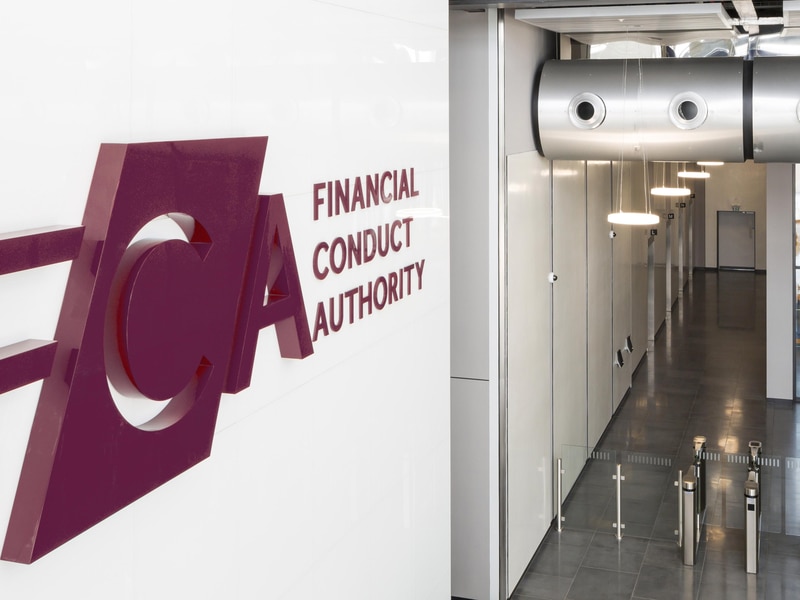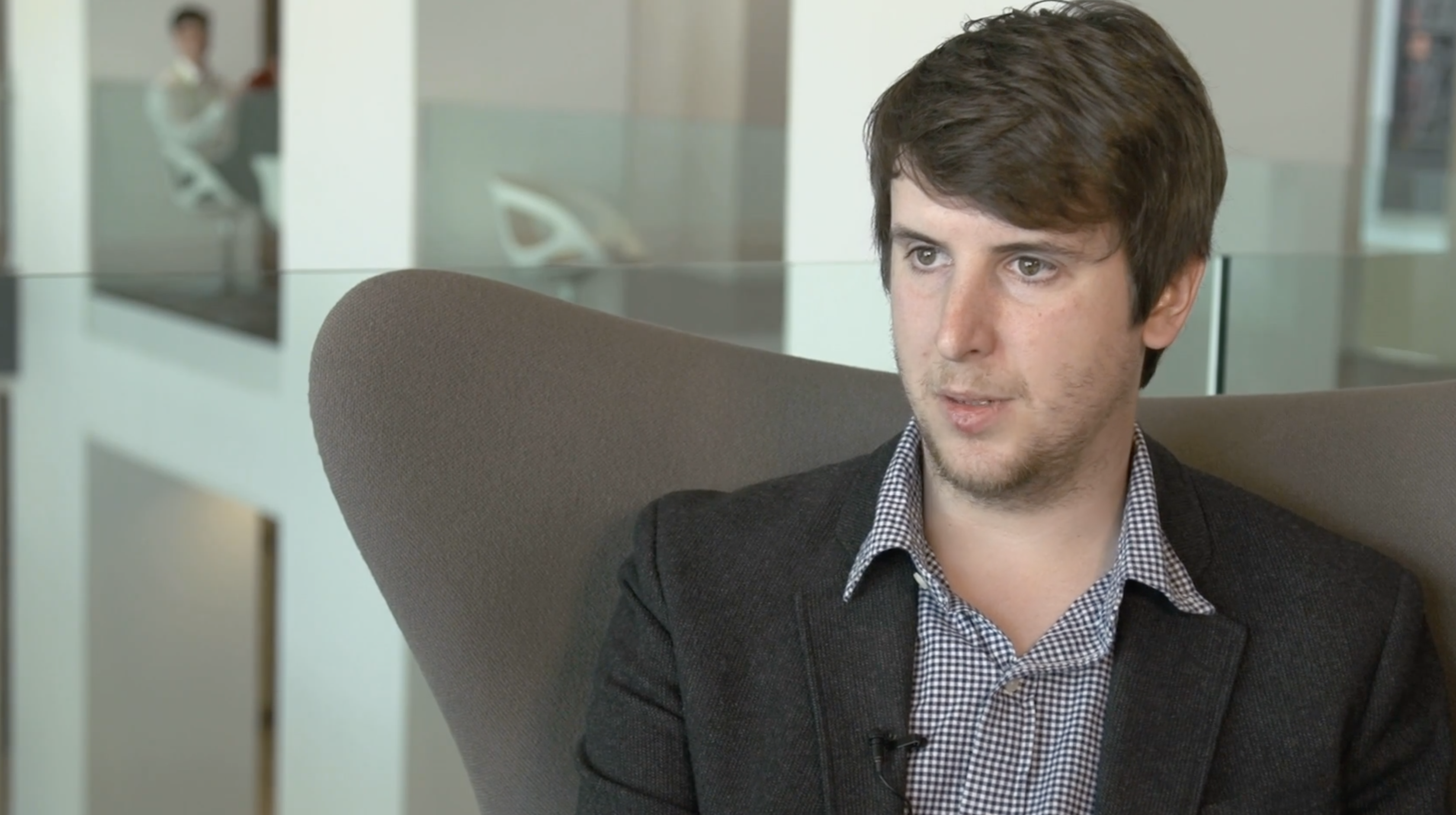Why Lisbon Is Immunefi’s Crypto Hub
Crypto Founders on Crypto Hubs is a series of interviews with entrepreneurs about where their startup is located and why. It is part of Crypto Hubs 2023. In this installment, CoinDesk senior editor Jeanhee Kim interviewed Mitchell Amador, founder and CEO of bug bounty platform Immunefi. Their conversation was transcribed and edited for clarity and length.
Tell me where Immunefi is.
Immunefi is all remote. We have team members in America, Central America, South America, Central European groups and a large British group. We are incorporated in Singapore.
But arguably the hub where we have the most aggregation is Lisbon and the wider area. We’ve got team members who are Portuguese, who are into crypto for a variety of reasons. We have foreigners, people who have made Portugal their escape. And now, this totally new class, nomads, who don’t live in Portugal but are here for x months a year.
Mitchell Amador is a Canada-born crypto entrepreneur who lives in Portugal, where he founded Immunefi in 2020. Immunefi is a bug bounty crowdsourcing platform for decentralized finance.
If Portugal is your hub, why did you not incorporate there?
From a regulatory, taxation perspective, do we want to set up our corporation in a country where it’s extremely difficult to fire people – at-will clauses or contracts with a bunch of arcane taxation rules – complete with the general regulatory policy oversight of do-nothing-until-you-have-permission? These are deal breakers from an incorporation perspective, but where places like Delaware excel, Singapore excels.
What’s your advice to a founder deciding where they should incorporate or locate?
The Number One question is: Where is your hub? To make it sustainable for a crypto founder, that should be where you live. And you should live in a healthy place. With healthy people. Portugal really excels on that whole gradient. When you compare it to a London or a Paris, our level of social harmony is much higher. The Portuguese are more united. They have a greater sense of camaraderie. They’re less violent; they’re less angry. These are a very calm, chill, relaxed people. Walk around and it rubs off on you.
In many ways, Lisbon is uniquely advantageous for a market like crypto, the fastest market in the history of man. Take the fastest-paced market and put it in the fastest city like New York and you’ve basically got the recipe of human misery.
Put the crypto founder in Portugal and he will survive. It’s still going to be troublesome when he goes on Twitter, but then he’s going to go to the beach. I’ve seen this play out very tangibly. The overwhelming reason why founders are moving to Portugal is it’s just a great place to live.
But on the flip side, incorporate wherever you have to to get the thing off the ground. What you need to do in the early stages is just get out the door. Focus on getting customers and figure out if what will happen is real. And once you have that, then minimize future consequences. So everybody picks the Delaware option. Singapore is like the Delaware of Southeast Asia.
Singapore is CoinDesk’s second-highest ranking crypto hub. Why didn’t you choose it for your hub?
Singapore is amazing for incorporation, with the added advantage that it’s not America. America is a very dangerous place. It has a whole bunch of weird arcane rules. And most of what the world is familiar with is the common law system – which is not the American law system – so it’s quite unusual. But it’s still awesome to get clean corporate documentation, very reliable reports. A contract there is as good as gold. They have amazing business infrastructure. Tons of products and tools are set up so that you can easily onboard with banks, accounting providers, software providers, etc. It’s so smooth.
And Singapore is a version of that. It’s, like, half as good. So still pretty good in the grand scheme of things.
From Singapore’s perspective, the whole world is foreign to it. So you can engage with the world as a business in Singapore in an excellent way as opposed to, in the U.S., having a different set of restrictions for foreign country owners in the world’s largest market.
The downside is that Singapore is very transactional. They’ve decided they’re interested in crypto as financial rails infrastructure. But they also decided that they don’t like crypto’s funny business and they don’t really like the level of experimentation. They’ve got these laws – the MAS’s (Monetary Authority of Singapore) Payment Services Act – that are just sitting in the background waiting. Like: When we get tired of this, if we don’t see the value here that we’re looking for, we’re going to slam it down. People see that, so it’s hard to get banking services, because the bank is like – Is crypto in or is it out? – we don’t know so we don’t want to invest too much in it.
Singapore is still great. It’s still phenomenal. It’s obviously the leader in Southeast Asia and arguably Asia as a whole. But it’s building on the base, like: Hey, rich people from around Asia, please come here. We’ll protect you and your money and be kind to your person, as opposed to aiding and abetting crypto companies and initiatives.
At the beginning of your company, did you ever live in Singapore?
Our core team was split over four countries. Four people, four countries. Which, by the way, I wouldn’t necessarily recommend. It’s a very painful way of doing things. But that’s what we did.
Edited by Jeanhee Kim.









